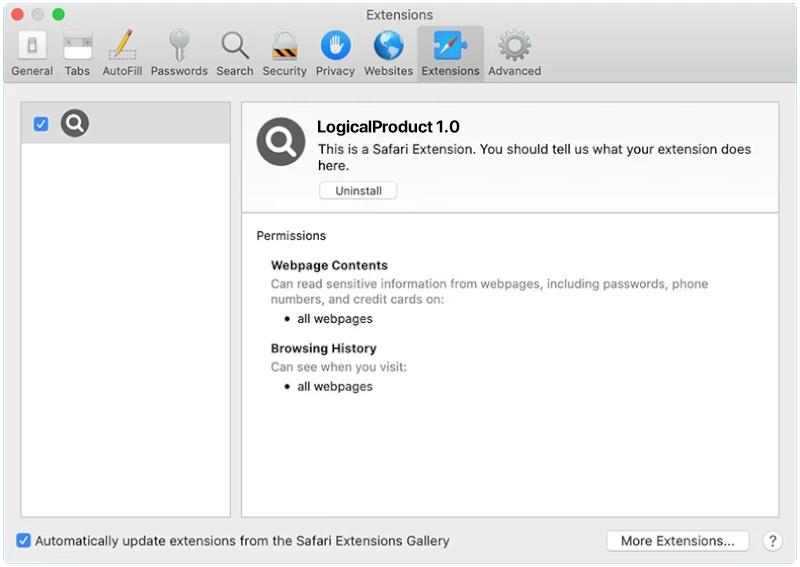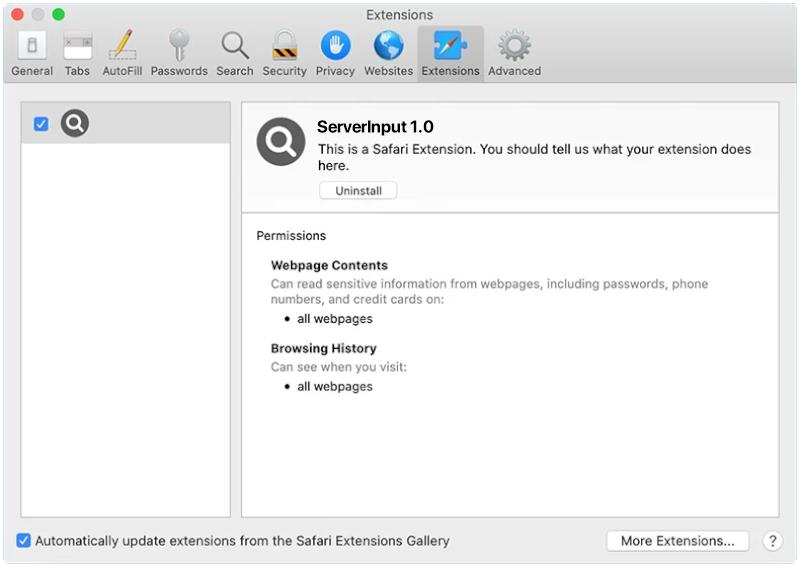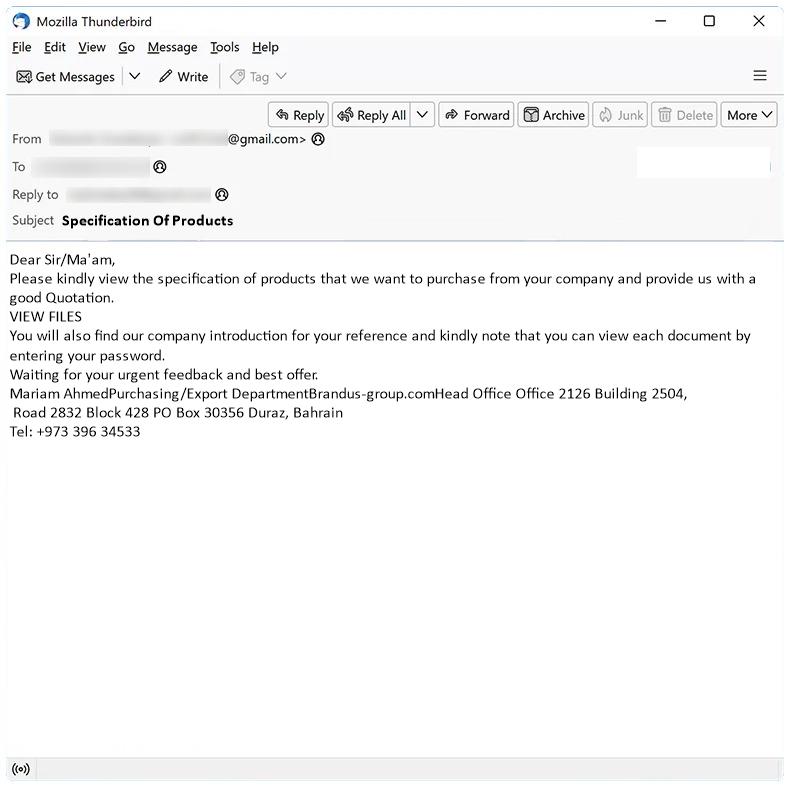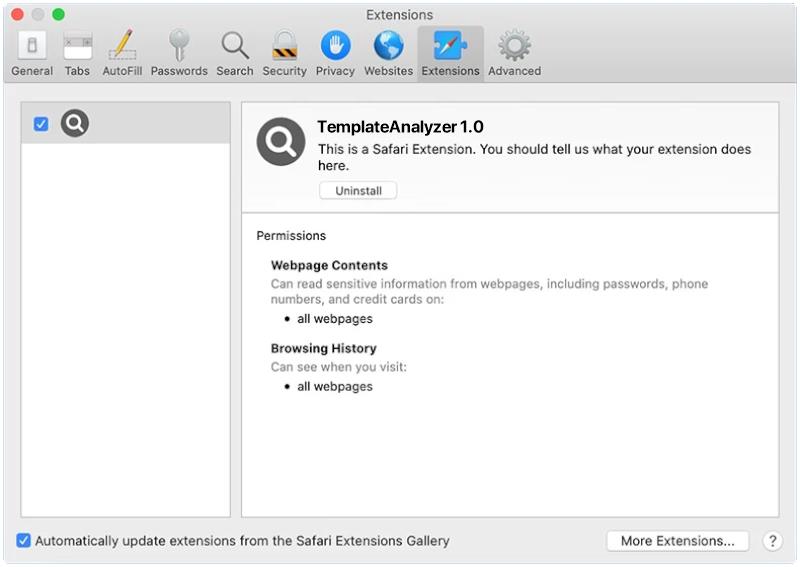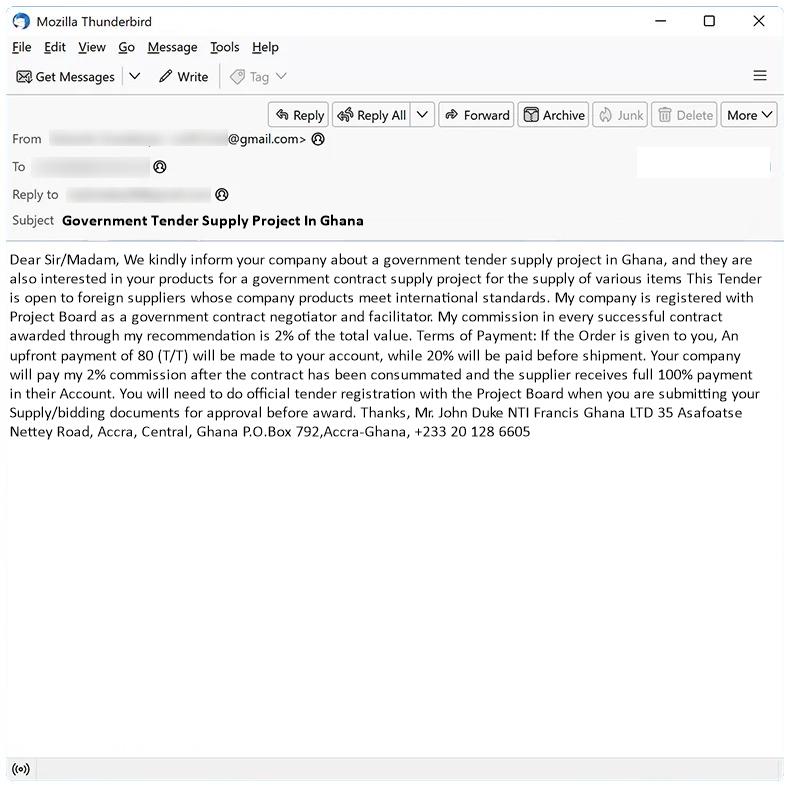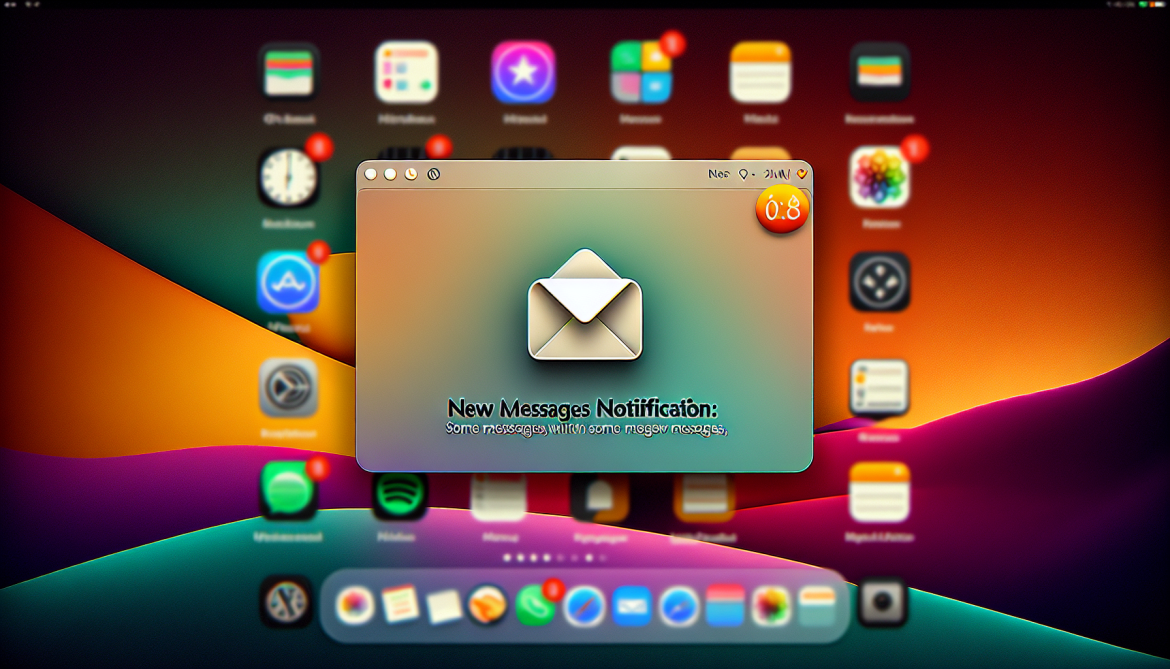Specification Of Products email spam is a type of phishing scam where cybercriminals send out fraudulent emails claiming to offer detailed specifications of products. These emails often contain links or attachments that, when clicked on or downloaded, can infect the recipient’s computer with malware or ransomware.
These spam campaigns can infect computers in a variety of ways, including through malicious links or attachments, phishing websites, or through exploiting vulnerabilities in software or operating systems.
The risks of interacting with Specification Of Products email scams include:
1. Malware infection: Clicking on links or downloading attachments in these spam emails can lead to the installation of malware on your computer, which can steal personal information, spy on your online activities, or disrupt the normal functioning of your device.
2. Ransomware attack: Some spam emails may contain ransomware, which can encrypt your files and demand a ransom payment in exchange for decrypting them. Paying the ransom is not recommended as it does not guarantee that your files will be restored.
3. Phishing: Cybercriminals may use these emails to trick you into providing sensitive information, such as login credentials or financial details, which can be used for identity theft or financial fraud.
To protect yourself from Specification Of Products email spam, it is important to be cautious when opening emails from unknown senders, avoid clicking on suspicious links or downloading attachments, and keep your antivirus software up to date. If you suspect that you have received a spam email, report it to your email provider and delete it immediately.
Read more

